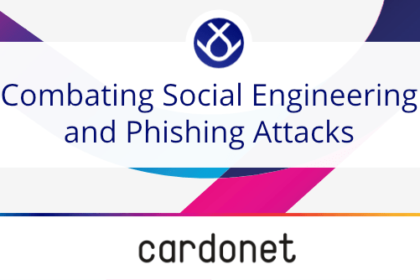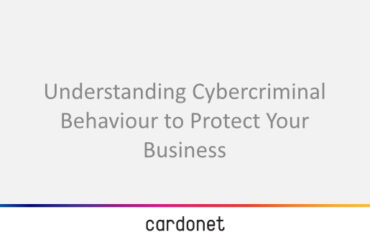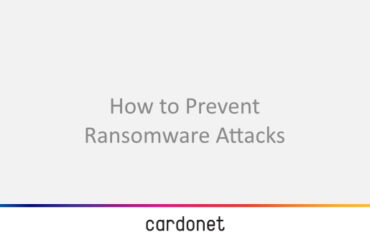
In our digitally connected world, cyber threats pose a significant risk to both individuals and organizations. Among these threats, social engineering stands out as a cunning tactic where attackers exploit human psychology to gain sensitive information or compromise security. Phishing attempts, a common manifestation of social engineering, are becoming increasingly sophisticated, often impersonating trusted colleagues, or presenting seemingly legitimate business requests to deceive recipients.
Understanding the Threat
Social engineering bypasses technical vulnerabilities, making it particularly challenging to defend against. Phishers may impersonate employees, urging recipients to click on dubious links or provide personal contact information. They might even pose as high-level executives, insisting on communication through personal channels, like WhatsApp. Leveraging details from social media, press releases, or company websites, attackers lend credibility to their false narratives. This highlights a crucial need for caution when sharing employee information publicly, especially regarding new starters or changes within the company.
Robust Procedures
To counter these threats, robust procedures must be in place:
- Education and Awareness – Regularly inform and update both customers and staff about the latest phishing tactics. Ensure everyone knows what to look for and how to respond.
- Verification Protocols – Establish a multi-step verification process for sensitive activities, such as requests for information, financial transactions, or changes to personal data.
- Secure Communication Channels – Use secure communication channels and discourage sharing personal contact details during business interactions.
Adopting a ‘Never Would I Ever’ Policy
An innovative approach to fortify cybersecurity awareness is the implementation of a ‘Never Would I Ever’ policy. This set of rules outlines actions that employees should never take, reinforcing a commitment to pause and assess the legitimacy of a request before acting. For example, never would I ever open an email attachment from an unrecognised sender claiming to be a supplier chasing for payment. This measure cultivates a culture of security and encourages employees to think critically before responding to requests.
Key Recommendations
To shield against social engineering and phishing:
- Be Sceptical – Always question unexpected requests for sensitive information or actions, even if they appear to come from a colleague or authority figure.
- Limit Information Sharing – Carefully consider what employee information your company shares publicly. For instance, never would I ever share sensitive company information via email without verifying the recipient’s identity, even if they claim to be a colleague or executive.
- Report Suspicious Activity – Encourage reporting of any unusual requests or emails to the IT department for investigation.
Conclusion
Staying ahead of social engineering and phishing demands vigilance and a proactive approach. The ‘Never Would I Ever’ policy, coupled with robust procedures and education, serves as a powerful defence against cyber threats. Remember the importance of scepticism, verification, and proactive cybersecurity practices.
To fortify your organisation against cyber threats, Cardonet is ready to assist. Contact us at +44 203 034 2244 or online for expert IT support and tailored cybersecurity solutions. Let Cardonet be your partner in cybersecurity, ensuring your organisation stays safe and resilient in the face of emerging threats. Don’t face cyber threats alone—act today and stay secure!



You must be logged in to post a comment.